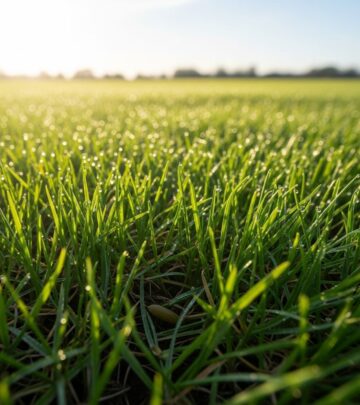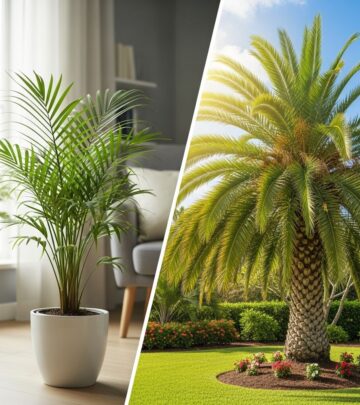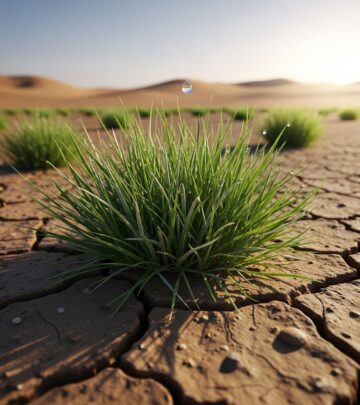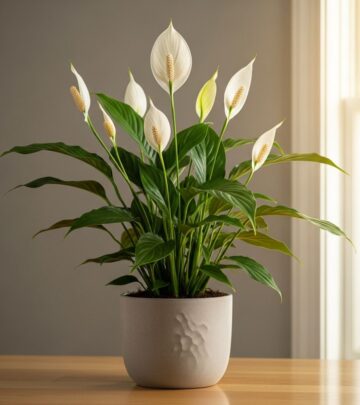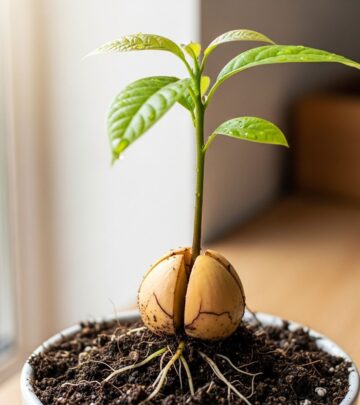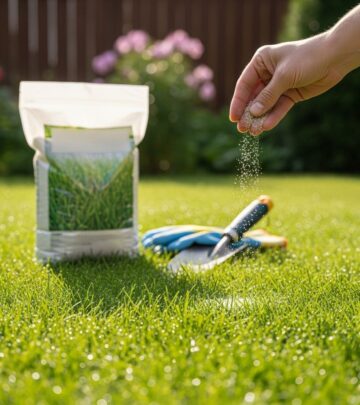All About Fish Fertilizer: Benefits, Types, and How to Use It for Thriving Gardens
Gentle, nutrient-rich formula builds vibrant soil ecosystems for lasting garden vitality.
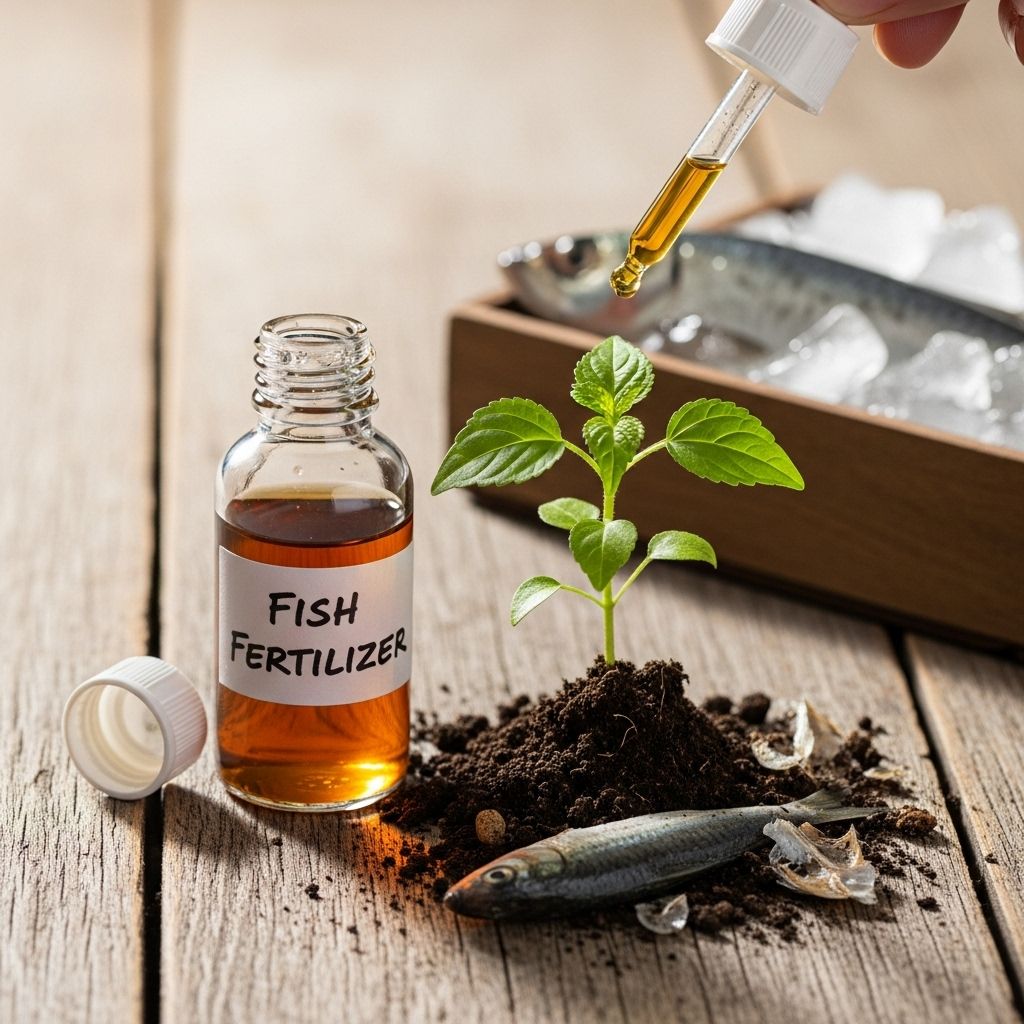
Fish fertilizer is a time-honored organic solution that delivers nutrients to plants while improving soil health and supporting sustainable gardening practices. Whether you’re a backyard hobbyist or an avid grower, understanding what sets fish fertilizers apart can transform your approach to feeding your garden and lawn.
What Is Fish Fertilizer?
Fish fertilizer refers to plant food products made from whole fish or parts such as bones, scales, and carcasses through various processing methods. These fertilizers are typically available in both liquid and dry forms, each carrying a rich profile of essential nutrients that support plant and soil vitality.
- Liquid Fish Fertilizer (Fish Emulsion): Created by grinding up fish and removing the oils, leaving behind a liquid packed with nutrients and organic matter.
- Hydrolyzed Fish Fertilizer: Produced through enzymatic or hydrolysis breakdown, resulting in a liquid that preserves amino acids and micronutrients.
- Dry Fish Fertilizer (Fish Meal): Made by drying and granulating fish remnants, offering a slower release of nutrients.
These fertilizers are valued for providing not just primary nutrients like nitrogen, phosphorus, and potassium, but a range of secondary nutrients and micronutrients such as calcium, magnesium, and trace minerals. This wide nutrient spectrum is crucial for robust plant growth and healthy soils.
Why Choose Fish Fertilizer?
Fish fertilizer stands out in both traditional and modern gardening for its natural, slow-release nourishment and soil-building qualities. Its benefits extend far beyond simply supplying nutrients, making it an exceptional alternative—or complement—to synthetic and other organic fertilizers.
- Natural and Organic: Derived from fish byproducts and often certified organic, fish fertilizers are free of synthetic chemicals, making them a favorite for eco-conscious gardeners.
- Improves Soil Structure: The organic matter in fish fertilizer helps soil hold water, improves aeration, and fosters a thriving soil ecosystem.
- Environmentally Sustainable: Most fish fertilizers are made from byproducts of the fishing industry, reducing waste and supporting a circular economy.
Key Benefits of Fish Fertilizer
Fish fertilizers offer unique advantages that contribute to a healthier, more resilient garden:
- Burn-Free Nutrition: Unlike many synthetic options, fish fertilizers are gentle and unlikely to burn plants when used as directed.
- Boosts Soil Microbial Activity: Supports populations of beneficial bacteria, fungi, and earthworms that break down organic matter and provide nutrients to plant roots.
- Enhanced Plant Growth: Provides balanced primary nutrients (N-P-K) and essential secondary micronutrients for strong, vigorous growth.
- Disease and Pest Resistance: Healthy, well-fed plants are better able to withstand environmental stresses, diseases, and pests.
- Improved Organic Matter: Increases soil fertility and health over the long term, benefiting subsequent plantings.
- Slow, Steady Release: Nutrients become available gradually as soil organisms process the organic material, minimizing the risk of leaching and providing ongoing nourishment.
Typical Nutrient Profile
| Nutrient | Function in Plants |
|---|---|
| Nitrogen (N) | Promotes lush foliage and stem growth |
| Phosphorus (P) | Supports root development, flower, and fruit production |
| Potassium (K) | Enhances overall plant health and disease resistance |
| Calcium, Magnesium, Sulfur, Trace Elements | Supports cellular processes, nutrient absorption, and stress tolerance |
How to Use Fish Fertilizer
Applying fish fertilizer is straightforward, but it is important to follow dilution and timing guidelines to achieve the best results. The most common application methods are:
- Soil Drench: Dilute liquid fish fertilizer (usually about ½ ounce per gallon of water) and apply directly to the soil at the base of plants. This helps nutrients reach the roots quickly.
- Foliar Spray: Spray a diluted solution of fish fertilizer directly onto plant leaves for faster nutrient uptake. Be sure to apply early in the morning or late afternoon to avoid leaf burn.
- Compost Booster: Add fish fertilizer to your compost pile to support the breakdown of organic material and increase compost nutrient content.
- Lawn Application: Use a hose-end or pump sprayer to apply diluted fish emulsion evenly across your lawn.
Recommended Schedule: For most gardens and lawns, applying fish fertilizer every 2–4 weeks during the growing season will promote steady and sustained plant growth. For delicate or high-needs plants, twice-weekly applications may provide noticeable benefits.
Liquid vs. Dry Fish Fertilizers
| Type | Description | Advantages | Application |
|---|---|---|---|
| Liquid Fish Emulsion / Hydrolyzed Fish | Highly concentrated, water-soluble, processed for rapid nutrient release | Fast-acting, easy to dilute and apply, suitable for foliar or soil use | Mix with water and apply via watering can, sprayer, or irrigation system |
| Dry Fish Meal / Granules | Powdered or pelleted fish-based material, slow-release | Long-lasting, gradually releases nutrients, enriches soil structure | Blend into soil at planting, side-dress during growth, or add to compost |
When and Where to Use Fish Fertilizer
Fish fertilizer is versatile and can be used in a range of settings, from ornamental gardens and vegetable beds to indoor plants and lawns. Consider using fish fertilizer in the following situations:
- When starting seeds to encourage healthy seedling development
- During active growth to promote foliage, flowering, and fruiting
- On lawns for deep green color and stress resilience
- With container plants to support consistent feeding
Ideal Crops & Plants: Leafy greens, vegetables, fruits, shrubs, flowers, lawns, and even trees can all benefit from fish-based nutrition.
Avoiding Overuse: Signs and Solutions
While fish fertilizer is considered gentle, overuse or improper application can lead to issues:
- Foul Odor: Indicates excessive application or poor drainage—reduce dosage and improve soil aeration.
- Leaf Yellowing: Could result from nutrient imbalance—ensure you are not over-applying nitrogen-rich fertilizers.
- Algae Growth: May occur on lawns or containers if too much fertilizer is left on the surface or water does not drain well.
Always follow the manufacturer’s dilution rates, and avoid pouring undiluted fish fertilizer directly onto plants.
Fish Fertilizer and Sustainability
Fish fertilizers are a sustainable gardening choice for several reasons:
- Diverts Waste: Utilizes fish byproducts that might otherwise end up in landfills, reducing environmental burden.
- Reduces Need for Chemicals: Supports natural soil processes and plant health with fewer synthetic additives.
- Supports Soil Biodiversity: Encourages a variety of beneficial microbes and earthworms crucial to long-term soil vitality.
The use of fish fertilizer dovetails with organic gardening principles, prioritizing soil life, ecosystem health, and the efficient use of renewable resources.
Best Practices and Tips for Application
- Shake liquid fish fertilizers well before using—they may settle during storage.
- Avoid foliar applications in direct sunlight to prevent possible leaf burn.
- Rinse sprayers and watering cans after use to prevent clogs or odor buildup.
- Store products in a cool, dry place and follow shelf-life instructions.
For optimal results, combine fish fertilizer use with other natural soil amendments like compost or mulch, and rotate application with other organic fertilizers if needed to address specific deficiencies or meet unique plant requirements.
Frequently Asked Questions (FAQs)
Q: Does fish fertilizer smell?
A: Liquid fish fertilizer may initially have a strong smell, but odor typically dissipates quickly after application, especially when diluted and watered into the soil.
Q: Is fish fertilizer safe for all plants?
A: Yes, when diluted as recommended, fish fertilizer is gentle and safe for a wide range of flowers, vegetables, shrubs, trees, and lawns. It is also excellent for seedlings and young plants.
Q: How soon will I see results after application?
A: Most gardeners notice improved plant vigor and green growth within one to two weeks of the first application, particularly when using liquid fish emulsion.
Q: Can I use fish fertilizer indoors?
A: Yes, but use with caution in indoor spaces due to initial odor. Always dilute fish fertilizer and water in thoroughly for container plants.
Q: Are there any plants that should not receive fish fertilizer?
A: Most plants can benefit, but for plants with very low feeding needs or those sensitive to excess nitrogen (such as some desert succulents), reduce frequency of application.
Conclusion
Fish fertilizer is an all-natural, sustainable, and highly effective option for feeding gardens, lawns, and containers. Its unique combination of macro- and micronutrients, organic matter, and beneficial soil biology makes it a top choice for healthy, resilient plants and thriving soils. Integrating fish fertilizer into your gardening routine helps restore soil vitality, nurture lush growth, and support environmentally responsible practices, season after season.
References
- https://www.pennington.com/all-products/fertilizer/resources/what-is-fish-fertilizer
- https://gsplantfoods.com/blogs/fertilizers/what-is-fish-fertilizer-benefits-how-to-use-it
- https://www.epicgardening.com/fish-fertilizer/
- https://simplysoutherncottage.com/2024/05/14/the-benefits-of-fish-fertilizer-my-secret-sauce-for-getting-gorgeous-ferns/
- https://www.gardeningknowhow.com/garden-how-to/soil-fertilizers/using-fish-emulsion.htm
- https://extension.illinois.edu/news-releases/scale-your-gardens-health-fish-emulsion-fertilizer
- https://www.youtube.com/watch?v=jZ6xdi0O_3s
Read full bio of medha deb

